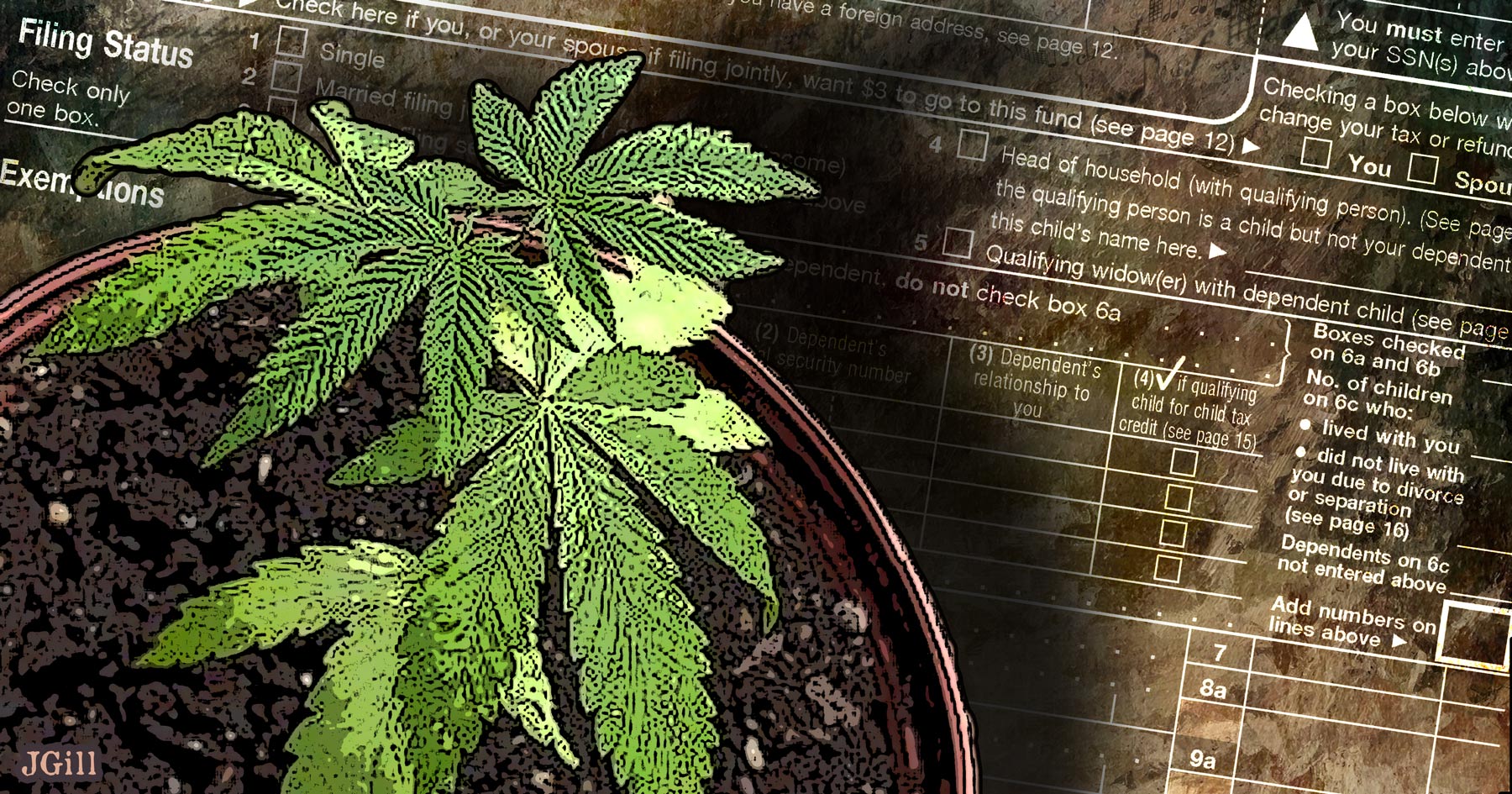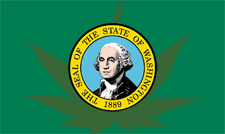“Marijuana is only legal for white people, in California,” explains Lynne Lyman of the Drug Policy Alliance. Talking with Zach Weissmueller, on reason.tv, she clarifies the situation regarding California’s currently legal medical marijuana, and why Prop. 64, a ballot measure sponsored by Californians for Responsible Marijuana Reform, is so necessary.
Marijuana prohibition — which has been severely curtailed in the states of Alaska, Colorado, Oregon and Washington, all of which allow not only doctor-prescribed “medical marijuana,” but also recreational use — is still in play in California, despite legal medicinal use.
But the weight of the state’s heavy hand falls mainly upon the poor, especially on racial minorities. “If you are white and over 21 in California,” Ms. Lyman insists, “you can pretty much use marijuana without any sort of criminal justice involvement.”
So here is where the old canard that pushing for legalization and the right to self-medicate is “just about you smoking dope,” which is what I often hear. Californians’ best reason to vote for Prop. 64 is that it establishes something very much like a right to self-medicate, and — get this! — it altruistically applies to more than the white population.
The truth is, drug prohibition in America has been, mostly, racist.
Sure, alcohol prohibition transcended racial bias and bigotry. But the earliest federal laws against opium, heroin, and cocaine were directed at despised minorities, first the Chinese and even, many years later (after alcohol prohibition failed) when marijuana was made illegal, against blacks, “ne’er-do-well” jazz musicians, and Latinos.
So, one reason for white Californians to vote for legal marijuana is not so they can imbibe, but so that others aren’t unjustly persecuted.
This is Common Sense. I’m Paul Jacob.
Original cc photo by ashton on Flickr











